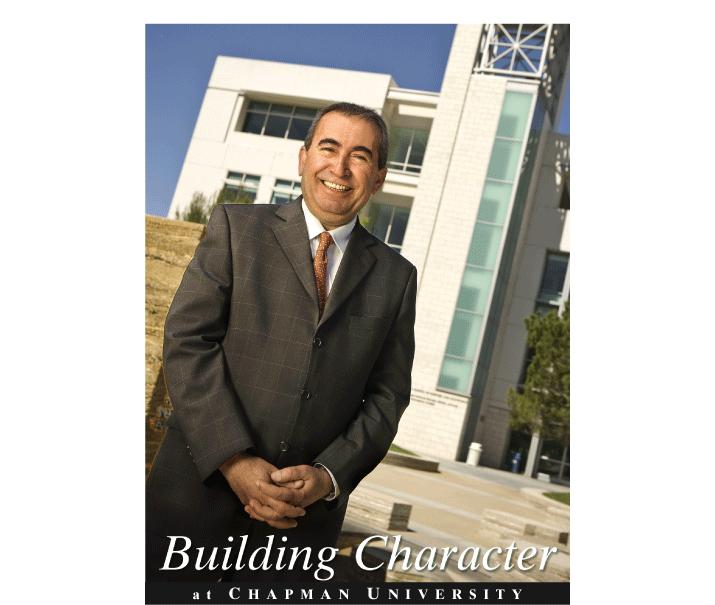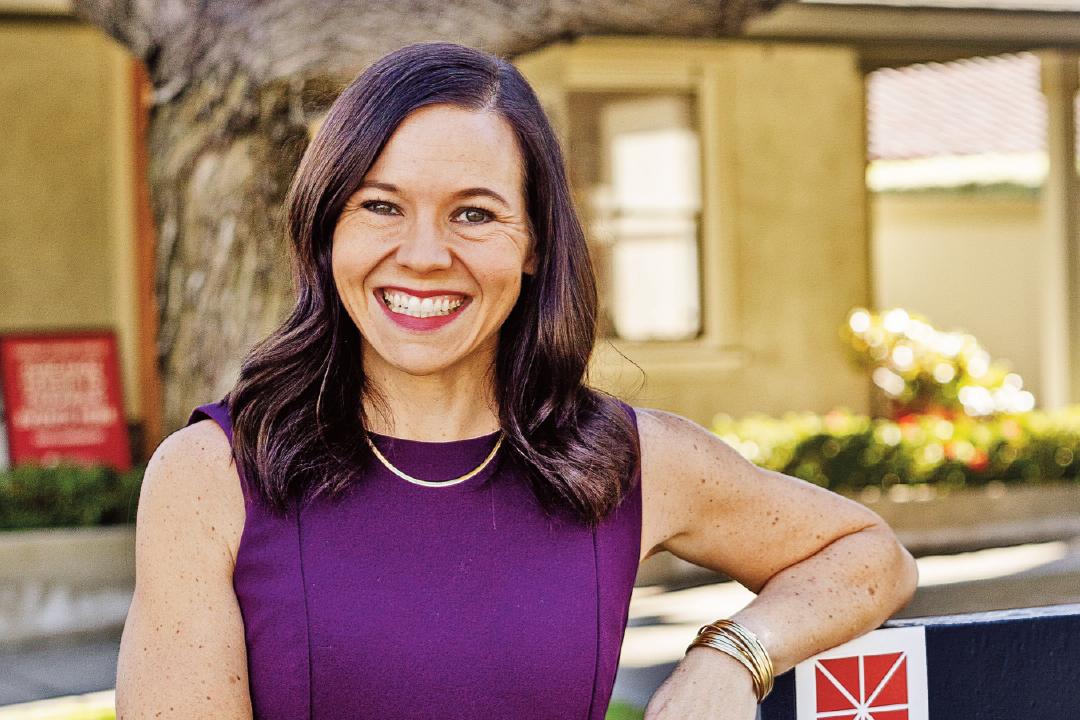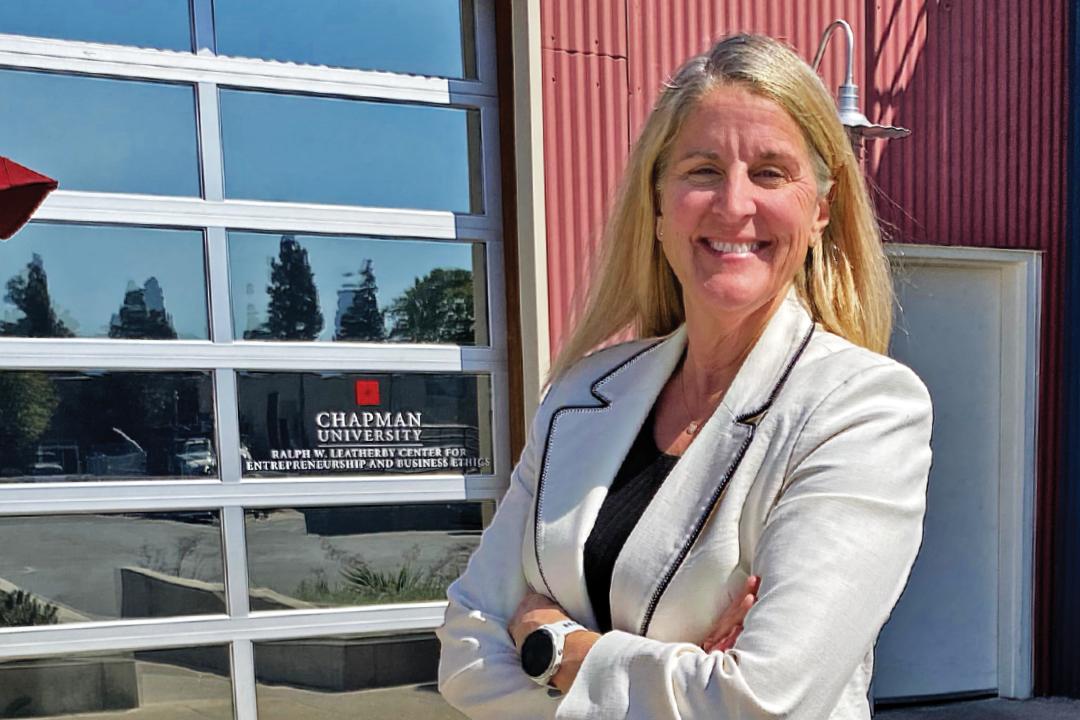
Dr. Esmael Adibi
In the early 1970s, when Esmael Adibi took a college entrance exam in his native Iran and the results determined he would major in economics, Chapman’s Director of the A. Gary Anderson Center for Economic Research had only a vague notion of what his future profession entailed.
“Unlike the United States where you can choose your own major, in Iran they let you pick two or three majors and then decide which you will pursue based on your test scores,” explains Adibi, who joined Chapman’s faculty in 1977. “When they told me I would be majoring in economics, I knew it had something to do with money and finance, because my father worked in a bank, but I didn’t know much else. Fortunately, I quickly fell in love with the subject.”
While in high school Adibi discovered his other future profession: Teaching. “The first time I realized that I liked teaching I was tutoring a student who was failing calculus,” recalls Adibi. “His father hired me to help him raise his grade, and we were all thrilled when he went from an “F” to an “A” by the end of the year. That was an inspirational experience for me.”
Before becoming a faculty member at Chapman, Adibi took an economics class in 1974 from James Doti. “Jim [Doti] was very clear in his presentation of information and represented the type of teacher I wanted to become,” he says. Three years later when Adibi started working at the University while completing his dissertation, Doti was laying the groundwork for his first economic forecast, which Adibi participated in on a small level.
Originally, Adibi planned to return to Iran after finishing his dissertation, but in 1978 he got married, and in 1979 the Iranian Revolution made it unwise for him to return home. He had his first child in 1981 and decided to stay in the U.S., eventually becoming a citizen.
In 1985, Adibi was appointed as director of the A. Gary Anderson Center for Economic Research, which was established in 1979 to provide data, facilities and support for faculty and students to engage in economic and business research and disseminate the results to local communities. Since then Adibi has worked with Doti on the University’s semi–annual Economic Forecasts.
Known for their uncanny accuracy, the forecasts have predicted economic events such as the housing bubble and the recent economic upturn. Often asked what makes the Chapman forecasts so reliable, Adibi points to a number of factors. “The way we have designed the mathematical model and how much and what data we use has made all the difference,” he says. “We spend two to three months updating and revising the equations in between forecasts. Although it has been said that we’re lucky in our forecasting, the truth is that you can get lucky once or twice–but not for 30 years.”
Adibi is especially proud of the involvement students have in the process. “We’re really here to give students opportunities to use what they’ve learned in the classroom and see the results of their work,” he says. “It’s exciting for them to see their work published and attend the forecast events which draw 2,000 attendees.”
Though Chapman has grown tremendously over the last 36 years since Adibi arrived on campus, he says that things have also stayed the same. “We’ve kept our small–school culture and still have a strong sense of community,” he says. “It’s a great place to work.”
Beckman Hall
Named for Dr. Arnold Beckman and his wife, Mabel, whose foundation provided funding for the construction of the building, the impressive Beckman Hall serves as the hub of ground–breaking research and academic excellence. Completed in 1998, the four–story, 112,000–square–foot building houses a variety of noteworthy Chapman programs, including the A. Gary Anderson Center for Economic Research, the Ralph W. Leatherby Centerfor Entrepreneurship, the Walter Schmid Center for International Business, and the Waltmar Foundation, as well as the Department of Mathematics and Computer Science.
The late Dr. Arnold Beckman was a visionary scientist, inventor and benefactor, who gave nearly $300 million to support colleges and universities throughout the country. He invented the pH meter to measure the acidity of soil for growing California lemons. That and other pioneering inventions such as the spectrophotometer resulted in his highly successful Fullerton–based company Beckman Instruments.
Beckman Hall is also home to the Cyber Café featuring Jazzman’s Café & Bakery and Subversions Market Fresh.



